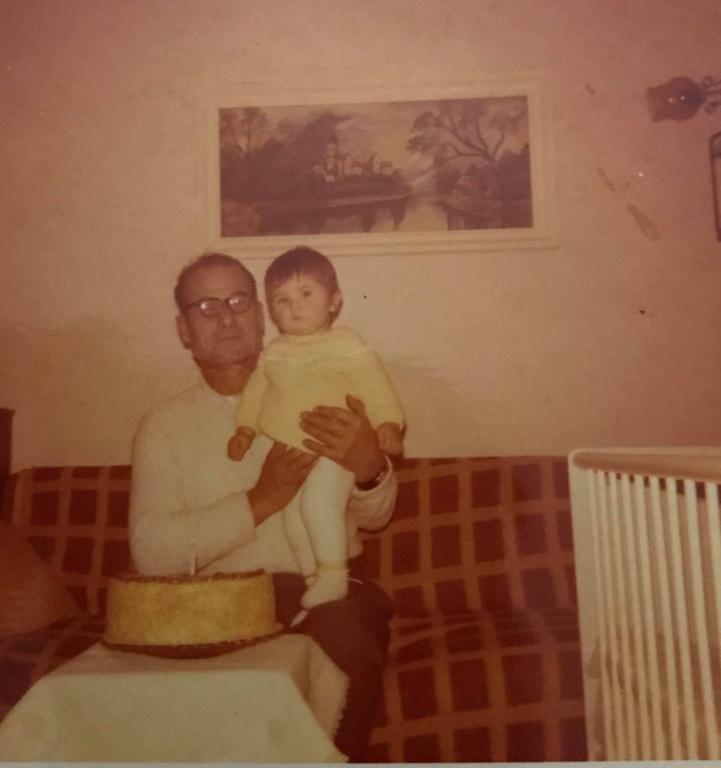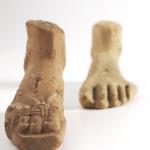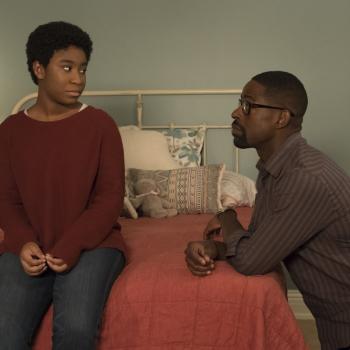When I chose the tag #tonicmasculinity for this story, I was pleased with the wordplay in replacing “toxic” with “tonic,” and liked the implication of something restorative and rejuvenating.
Today’s story fits that label better than most.
This is Hasib.

Hasib was my friend Stasa’s grandfather, a Muslim man who lived in what was then Yugoslavia.
Describing him to me, Stasa wrote, “he passed away when I was six. I remember the last time I saw him he stopped by our house to drop off a pair of white stockings for me. I was starting school that year and he wanted to buy something for me. He was checked into the hospital the next day.”
Despite losing him at such an early age, Stasa calls Hasib, “my hero.” Not because he fought in WWII with the Yugoslav Partisans–there were no medals or special recognition of his military service–but because of the life he chose to live afterwards, a life that repudiated violence and brutality to embrace humility and gentleness.
I’ve never heard him raise his voice. He worked in a small booth selling lottery tickets. He refused benefits for veterans, he said, “someone else needs it more than me”. He raised three children with my grandma. No medals, no big recognition, just a quiet hard working man.
“…quiet and patient, telling me the same story over and over again because I demanded. My mom also confirmed that the only time she saw him angry was when she raised her voice at me. He told her never to yell at me again.”












